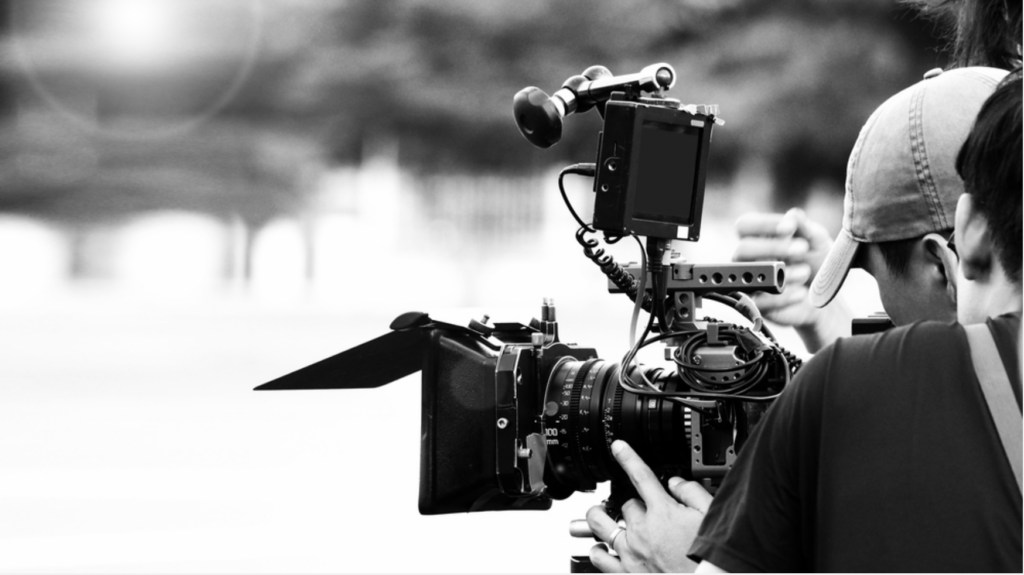By Lisbet Matz-Lyons, LLM Film Lawyer, Kreativ Jura Kreativ Law Aps

You are making a documentary film – but is it all yours?
Documentary films occur and are created in many ways, they can take years or days to come about or can involve a lot of legal considerations that the filmmakers are not even aware of as such.
In this first introduction to legal considerations for international documentaries, ie. films that are meant to be sold internationally, not necessarily co-produced or with international participants, I am going to mull over the very important legal document known as:
The Release Form
This is a document which certifies that the film has permission to use both personal, people and participants in various forms, as well as certain locations, private and public alike, in the finished film. This is the main contract ensuring that the film you are making is actually yours and cannot be blocked by any personal film rights or other rights owners.
A film release form is a personal contract for permission to create a film work that is based on content. With GDPR in the EU and the long-standing US demands on these types of forms, this is a field that is becoming a must-know and must-have for all producers. Not only that, but it should be common knowledge that until you have the signed release form, you DO NOT have permission to use a person or even a location in the film. This mindset of awareness is a help for all to ensure that participation is actually agreed and not just presumed.
And it means that the producers must ensure that the director and/or others are getting these forms taken care of when out in the field, on a shoot somewhere in geographic isolation or in the middle of chaos. Some directors or other talent back away from this and can be hesitant to get the form out, for fear of things becoming official and intrusive. My input here would be to practice an introduction, which explains the protection of both sides and the importance of being on the same page in making the film, so that the film actually will have a chance of being shown to the world. Or words to that effect, all depending on the shoot and the person. But do not shy away from this talk, rather practice it and get it right for your purpose.
It should be done from the very first day a shoot is established, even as a thought for future contemplation. This can be difficult, as most people have access to cameras almost everywhere, and a film can be developed from accidental recordings or meetings with people in a completely different context.
There are exemptions to this, but if you are making a documentary film with content of a secretive nature, you will want to have legal advice by your side all the way through this. These exemptions are too tricky to explain in a general approach, as each exemption needs to be considered individually for each production. However, unwilling witnesses, news related controversies and provocative material can obtain an exemption status in the US, known as Fair Use from the DMCA. This is not necessarily extended in the same form in other states, but most Western states have similar legal statutes.
Continuing with non-contentious documentary, in an ideal, legal film world, a release-form is presented at first shot or even before this. However, not much is ever ideal, and release forms can be sent and agreed to at a later stage. It can also be read out on camera and agreed to in a one take situation, and it can be altered to suit a production.
Alterations and personalised forms, however, are dangerous, and should always be agreed to with legal counsel prior to the act. I am attaching a request for release form template, but if you want it accepted in the US, the most demanding and extensive legal territory for filmmakers, you should double check with legal advice before sending it out and making use of it for your film. If you use these forms and have them on record, you are good to sell all over the world.
Be sure that you have as much information from your participants as you do for your employees, and make sure that this information is kept in a safe space, ideally these days in a digital form with the originals stowed away from access.
Also make sure that you keep your end of the GDPR demands wherever you are based, so that the personal information you might obtain does not become publicly available. GDPR is a whole chapter on its own, and I will write on this subject in the future as well.
Lastly, I would like to point out that participants in documentaries should not ever receive any money, because if they do, their legal status changes and so does their credibility in the film. You will note that this is underlined in the template. You can choose to pay for transport, food etc, but the moment they become employees there is a huge legal shift in obligation and what they can expect from you as employer and what you can expect from them as ‘life witnesses’.
But also, just as important, if you want to release your film in the US, US distribution and sales requires the location or other places which are places that concern physical and personal property, houses, land, chairs, decorations, jewelry etc., you need not just a release-form, but to pay a symbolic sum of money to the property owner in order for this to be considered a real transaction under US law. This can be just € 1, but the transaction needs to be proven to have taken place and have a signed receipt from a person you trust is the owner of the property. This is proof that you have not just permission, but actually engaged in an exchange of monies to fulfill the agreement. If you do not pay anything the potential of a misunderstanding can be claimed in order to get more money, once the owner realizes the film is sold world wide and is Oscar nominated.
I am attaching a request for a signed release-form as an opener from the production to the parties involved.
Intellectual property is something entirely different and I will write an introduction to that next time …

Lisbet is a film producer and a National Filmschool of Denmark graduate. She holds a Bachelor of Law in Copyright Eu Law from University of Copenhagen and is a Harvard Law School Copyright X graduate. She specialises in International agreements on film, design, and other copyright as well as related fields. Lisbet will share her expertise bi-monthly on Lisbet’s Legal Doc Column.
